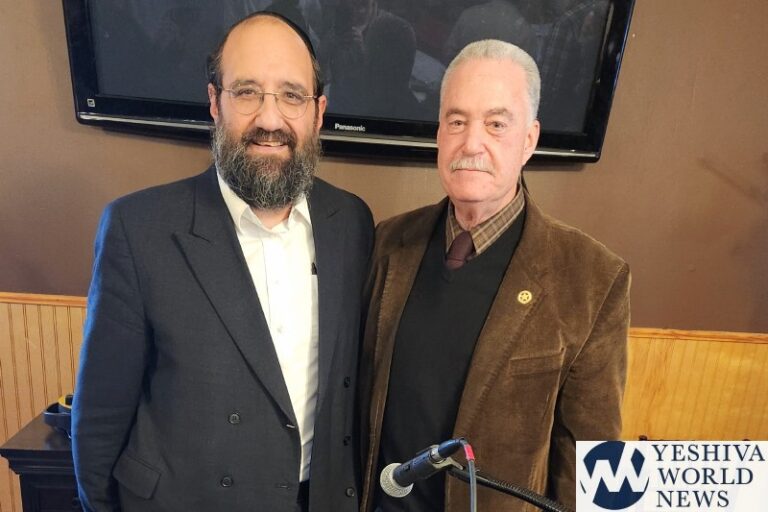 NATO will admonish Russia over provocative military maneuvers after a spate of close calls in the Baltic Sea last week in which Russian warplanes buzzed U.S. forces.
NATO will admonish Russia over provocative military maneuvers after a spate of close calls in the Baltic Sea last week in which Russian warplanes buzzed U.S. forces.
Allies plan to bring up the “unprofessional and unsafe behavior of Russian planes” in a meeting with Russia’s ambassador on Wednesday, Secretary General Jens Stoltenberg told reporters in Luxembourg on Tuesday.
Russian tactics that risk an accidental confrontation “just underline the importance of open military lines of communication, of predictability and risk reduction,” he said.
Russia and the U.S.-led alliance have eyed each other warily since the Kremlin’s seizure of Crimea and intervention in Ukraine in 2014 brought back memories of the Cold War standoff.
Russia has stepped up military drills on its western borders and the North Atlantic Treaty Organization has rotated forces into eastern Europe to protect allies like Poland that were once under Soviet dominion.
A Russian SU-27 fighter veered within 50 feet of a U.S. reconnaissance jet over the Baltic late last week, days after other Russian attack planes and a helicopter made low passes over the guided missile destroyer USS Donald Cook, the Pentagon said.
Polish Defense Minister Antoni Macierewicz pointed to the “long-term threat” posed by Russia’s military concentrations along its European frontiers and in Kaliningrad, a Russian enclave wedged between Poland and Lithuania on the Baltic Sea.
“These are offensive forces which far outnumber NATO capabilities in this region,” Macierewicz told Rzeczpospolita newspaper. Poland is spearheading calls for an additional allied military commitment to eastern Europe at a NATO summit it will host in Warsaw in July.
Russia says the West started it. Kremlin spokesman Dmitry Peskov told reporters on Tuesday that Russia feels threatened by “very unfriendly actions of the alliance in terms of capacity-building at our borders.”
Wednesday’s meeting at NATO headquarters in Brussels is the first since June 2014, shortly after Russia took Crimea from Ukraine.
NATO has regularly accused Russia of risky military practices since then, with warplanes frequently testing allied air defenses. In the most notable incident, Turkey in November shot down a Russian combat jet that crossed into its territory.
Evoking Cold War-style hotlines and early-warning systems, Stoltenberg said NATO will push Russia to “enhance the mechanisms of risk reduction.” One model would be the contacts set up by the Russian and western air forces to prevent accidents in the skies over Syria.
(c) 2016, Bloomberg · James G. Neuger










